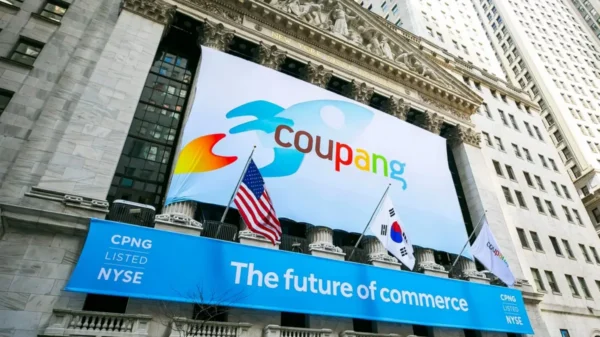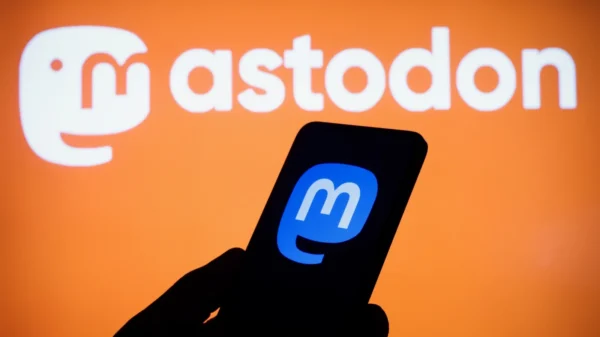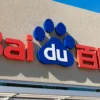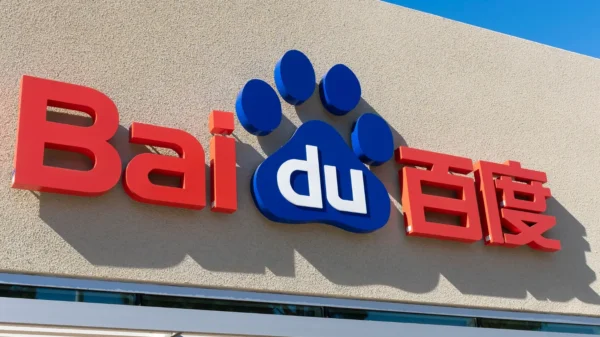Volocopter hopes to show CEOs at the Paris Airshow that it can transport customers around the Paris Olympics and go global a year before the games.
Military and commercial planes dominate the world’s largest air show. On Monday, Lilium (5KD.F) said that China’s HeliShenzhen Eastern General Aviation Co. would buy 100 eVTOL jets.
While investors cut investments, corporations must get regulatory approval and reassure consumers.
Germany’s Volocopter will use the air show to illustrate its progress toward launching the first commercial flying taxi service in Paris during the 2024 Olympics.
“The Olympics are our North Star,” Volocopter CEO Dirk Hoke told Reuters.
Analysts and executives suggested air taxi success might convince risk-averse investors to invest in urban air mobility.
“I think with any of the timelines for early operations, it will be helpful for the industry if they are met as it will create buzz,” said Robin Riedel, the McKinsey Center for Future Mobility co-leader at the management consultancy firm.
No flying taxi maker—Lilium or Joby—has been certified.
Volocopter aspires to be the first, but it must undergo rigorous weather tests and submit thousands of pages of data to Europe’s aviation regulator, EASA.
“Being first to certify isn’t easy,” Hoke added. Germany will conduct intensive weather tests next month with a pilot and passenger.
Many flying taxi producers have delayed commercial launch deadlines due to project delays, which raises trust concerns. “You need to re-instill credibility and reputation,” Hoke added.
“In combination with a difficult market, less liquidity in the market is a problem for the whole industry.” Recent SPAC-listed air mobility projects lost at least 30% of their value. Riedel said venture money is falling across various areas, with air taxis being replaced by drones.
SMALLER FUTURE
Analysts warned that if the current funding climate persists, hundreds of eVTOL companies could fail in the coming years, including Volocopter.
McKinsey research shows that eVTOL project funding dropped from $1.2 billion to $710 million in the first half of 2022.
Alan Wink, managing director of capital markets at EisnerAmper, a U.S. accounting company that has worked on such deals, said he had noticed a shift in investments toward drones amid fears that air taxis will face more regulatory difficulties than other electric vehicles.
“They want to invest in companies where there is a clear exit at some point in the future and number two, a clear road to profitability,” Wink added.
Honeywell International (HON.O), which develops urban air mobility devices, sees potential in the eVTOL market due to travel demand, climate concerns, and low infrastructure requirements. Mike Madsen, aerospace division president, claimed Honeywell had won $7 billion in eVTOL parts deals.
Madsen foresaw eVTOL consolidation, where analysts now see over 200 players of various sizes. “We’re going to see acquisition by larger players of some of these companies,” he said. “And the best ideas will survive.”
















































